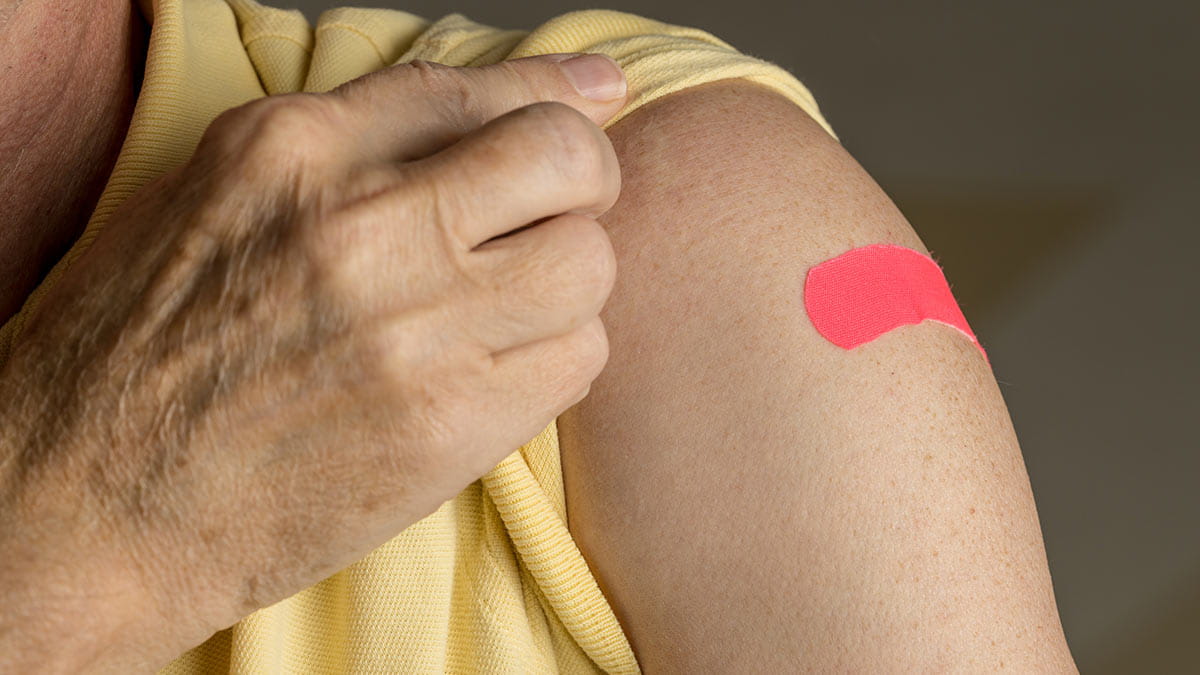Can you rely on portable testers to detect peanuts or gluten?

If you or a loved one has a peanut allergy or a sensitivity to gluten, you may have heard of the new food allergy sensor devices on the market that claim to detect peanuts or gluten in your food. While investing in such a device might seem like a sensible thing to do and may give you an added sense of security when eating away from home, you shouldn’t rely on this new technology to detect allergens in your food. Their accuracy hasn’t been rigorously studied or published.
How the device works
These devices work by having the user place a pea-size amount of food in the capsule of the device, which then grinds the sample up and is said to detect peanuts or wheat. Results display on the device’s screen after a few minutes in the form of a symbol that tells the user whether the tested sample of food is free of the allergen or not.
The device isn’t foolproof
The device is intended to bind to AraH3 peanut protein, but there aren’t any large studies to demonstrate the validity or helpfulness of these products. The device only tests a small sample of the food and many foods can cause false-positive results or consist of certain foods/textures of foods that are unable to be tested.
Cross-contact could also be an issue. For example, if you’re at a restaurant or a friend’s house where the cooking environment isn’t controlled, one kind of food that contains peanuts or gluten could come into contact with another food and their proteins could mix. If you only test a sample of food, you don’t truly know whether the rest of the dish might contain the allergen.
The devices are also costly, with initial costs over $200 and additional capsules costing around $6 each.
The bottom line is I don’t recommend these products. Someone who has a peanut or gluten allergy should be reading labels, taking recommended precautions discussed with their allergist and carrying injectable epinephrine for any possible accidental exposures to their food allergens.
Kara Wada is a physician and clinical assistant professor in the Division of Allergy and Immunology at The Ohio State University Wexner Medical Center.




